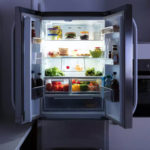Many homeowners consider their refrigerators a versatile storage unit, capable of preserving any food item without realizing that some dishes and beverages are not suitable for refrigeration and may even spoil faster.
Foods That Spoil Faster in the Fridge
Refrigerators maintain low temperatures, helping to preserve food effectively and prolong its shelf life, especially during the hot and humid summer months when food and drinks spoil more quickly. However, refrigerators can also accelerate the spoilage of certain foods or quickly alter their flavor and nutritional value.
Here are five food items that experts recommend storing outside the fridge as they tend to spoil faster when chilled.
Certain Tropical Fruits
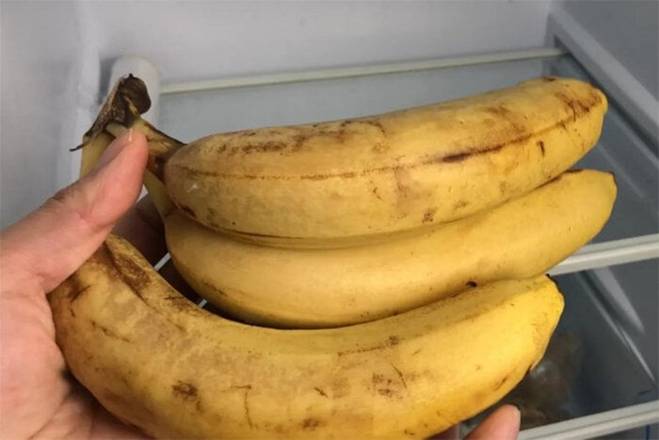
Bananas turn dark when refrigerated. (Image: Sohu)
Some tropical fruits like bananas, lychees, and mangoes are popular during the summer months, and many people tend to buy these in bulk and store them in the fridge, assuming the low temperatures will keep them fresh for longer.
However, these fruits are not suited for refrigeration as they thrive in dry and warm environments. The cold temperatures cause the peels of bananas, lychees, and mangoes to turn dark, reducing the flavor and nutritional value of the flesh inside. It is best to store these fruits in a cool, dry place in your home and avoid buying excessive quantities to ensure they are consumed within a few days.
Dried Herbs
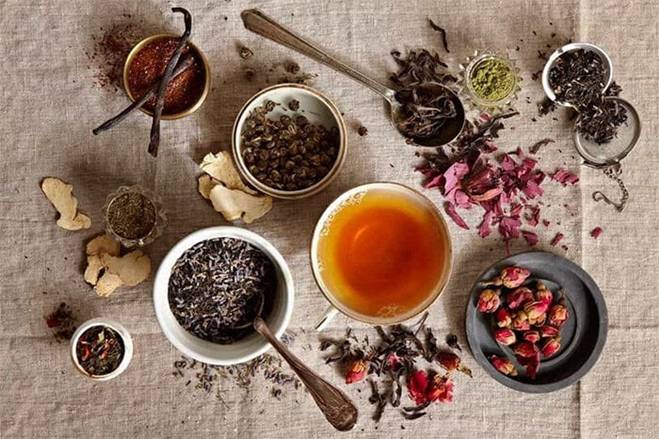
Refrigeration is not suitable for dried herbs. (Image: Sohu)
Storing dried herbs like goji berries, jujubes, and floral tea in the fridge will cause them to become damp and moldy. Moreover, the odors of other foods in the fridge can affect the herbs, altering their distinct flavors. It is best to keep dried herbs in a cool, dry place, away from direct sunlight and moisture.
Bread and Buns

Sweet buns, bread, and steamed buns should not be refrigerated. (Image: Sohu)
While low temperatures can extend the shelf life of bread and buns, the fridge is not an ideal storage environment as it causes the flour to crystallize and harden, affecting the texture and taste. Additionally, the bread absorbs odors from other foods in the fridge, compromising its freshness.
If you need to store bread or buns for an extended period, wrap them tightly and place them in the freezer instead.
Coffee and Tea
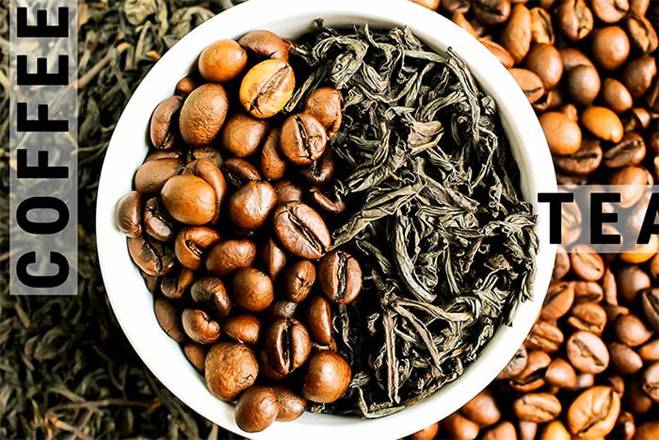
The fridge will cause coffee and tea to lose their distinctive flavors. (Image: Sohu)
Many homeowners store coffee and tea in the fridge, but these items are not suited for refrigeration. Coffee and tea are dry goods, and when exposed to the moist and odorous environment of a fridge, they can become altered, losing their flavor and becoming prone to mold. Simply store them in a dry place away from direct sunlight to ensure long-term preservation.
Onions and Garlic
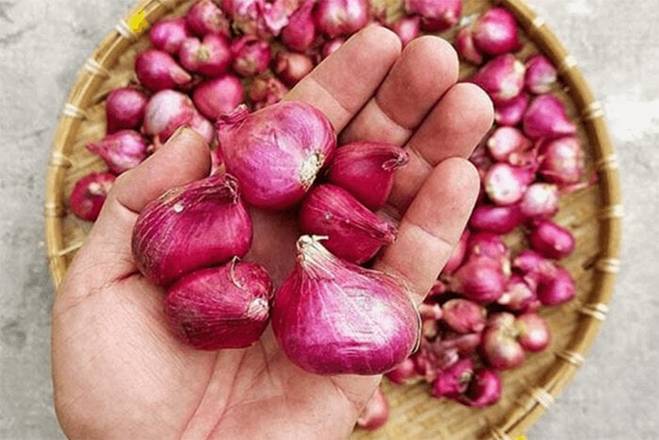
Dry onions and garlic are among the foods that spoil faster in the fridge. (Image: Sohu)
When buying onions and garlic in bulk, many people tend to store them in the fridge to prolong their shelf life, unaware that these are among the foods that spoil faster when chilled. The cold, moist environment of the fridge can destroy the cell structure of onions and garlic, making them more susceptible to rot.
Additionally, onions and garlic have strong odors that can permeate other foods in the fridge. In reality, onions and garlic only need to be stored in a cool, dry, and well-ventilated place, away from direct sunlight, to remain fresh for an extended period.
Source: VTC News
More Useful Advice for Homemakers (Part 2)
Have you heard of the surprisingly easy tips to make cooking and household chores simpler? White radish eliminates the acrid taste of salted meat, adding alum to raw shrimp helps soften it, and adding cold water when frying eggs can make them crispy – these are just a few of the tricks to make your life easier.
Is Refrigerated Leftovers Linked to an Increased Risk of Cancer?
Dr. Lam Van Man, Head of Research, Development and Technology Transfer Department of the Institute of Safety Food, has warned of the risk of food poisoning when reheating leftovers from the refrigerator. But what should we be aware of when it comes to the possibility of these leftovers causing cancer? Here, we explore what the experts have to say on the matter and offer some tips for safe eating.



























